Expert Offers Insight Into How Effective Wastewater Management Can Combat the Country’s Water Crisis
- South Africa's water crisis could be eased if the country implemented effective wastewater management
- Numerous parts of the country are experiencing water restrictions as the threat of Day Zero grows
- Wastewater expert and Marketing Director at Interwaste, Kate Stubbs, spoke exclusively to Briefly News and explained how wastewater could be the unsung hero
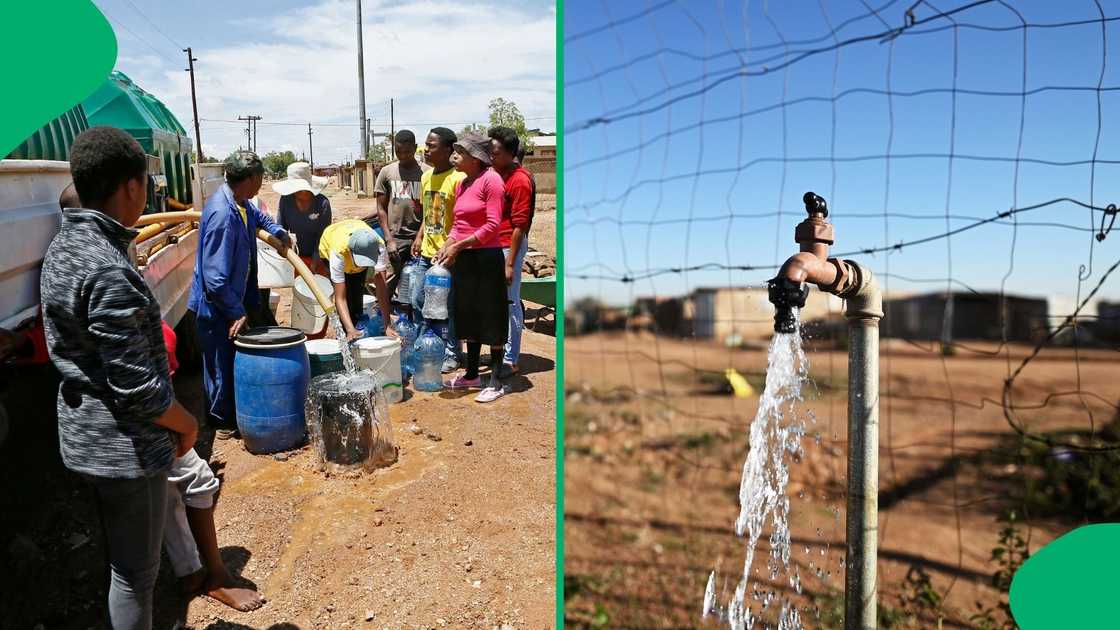
Source: Getty Images
South Africa’s water crisis is slowly worsening, but there are ways in which to help ease the problem.
While Day Zero in South Africa is still far away, the fact that more and more areas are experiencing water restrictions suggests that the situation is getting more dire.
But it doesn’t have to be this way.
Speaking exclusively to Briefly News, Kate Stubbs, Marketing Director at Interwaste, highlighted how wastewater can play a vital role in addressing the crisis.
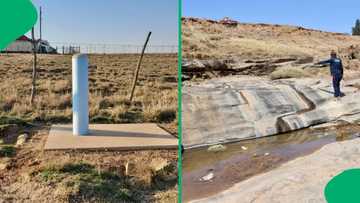
Read also
Eastern Cape villages left high and dry despite R66 million spent on non-functioning water projects
PAY ATTENTION: stay informed and follow us on Google News!
What is wastewater?
Don’t let the name put you off; wastewater is actually "used" water. This includes substances like human waste, food scraps, oils, soaps, and chemicals. Wastewater also includes water from sinks, showers, bathtubs, toilets, washing machines, and dishwashers.
Why is it important to treat?
As noted by Stubbs, with a growing population adding to the strain on the already limited resource, the demand for water has never been greater.
Therefore, wastewater management is crucial in helping solve the growing crisis.
“The potential for wastewater management to alleviate water scarcity in South Africa is immense. In fact, nearly all effluent can be recycled, providing a sustainable solution for water sustainability and access,” she said.
“By repurposing leachate from landfill sites and effluent from industrial processes into clean water, significant volumes of water could be made available for redistribution into the environment and replenishing water infrastructure networks,” she added.
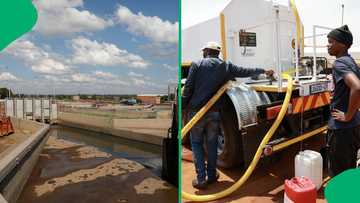
Read also
South Africa's water crisis: Expert warns of looming Day Zero, gives advice on how citizens can help
The challenge facing South Africa
One of the biggest challenges currently facing the country is the struggles that wastewater systems experience. Ageing infrastructure, mismanagement, and lack of maintenance have all contributed to the loss of valuable water resources.
In many towns and cities across South Africa, water has been flowing down the streets for days, often from burst pipes or sewage leaks. A report earlier this year revealed that leaks alone caused over 40% of the country’s water loss.
“We don’t always think laterally about how waste can help with our water or energy crisis. However, the reality is that we are faced with a freshwater challenge, and only massive behavioural changes in all our lives will help.
"We must start examining how we preserve, reuse or repurpose water to ensure we have enough of this resource going forward.”
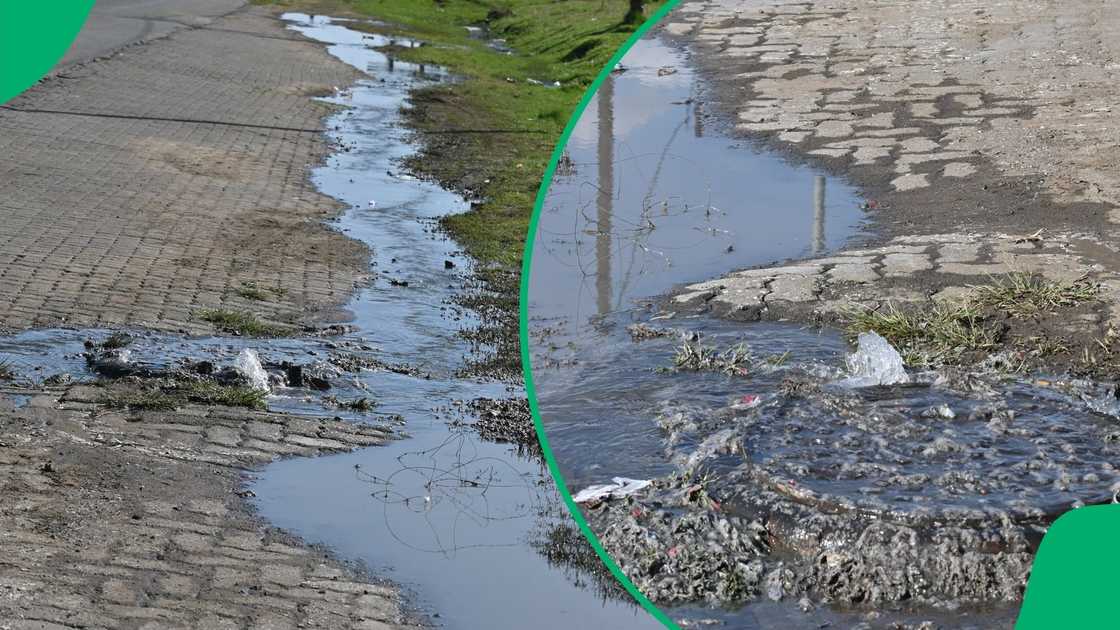
Source: Original
How wastewater can benefit numerous sectors
Stubbs also touched on the positive impact reusing water could have on the environment. She explained that correct wastewater management could redistribute into the environment for irrigation, dust suppression, and replenishing rivers and catchments. This, in turn, boosts the water infrastructure networks and the agricultural sector.
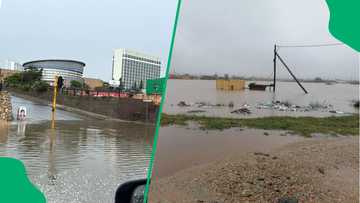
Read also
1 Tragically killed in Eastern Cape floods, person electrocuted while trying to escape rising water
South Africa’s looming water crisis
In a related article, Briefly News focused on the looming threat of Day Zero in the country and how to solve this crisis.
Many parts of South Africa experience water restrictions, thanks to ageing infrastructure and mismanagement of funds.
A lack of maintenance, coupled with climate change, has also contributed to the country's persistent problems.
PAY ATTENTION: Сheck out news that is picked exactly for YOU - click on “Recommended for you” and enjoy!
Source: Briefly News

